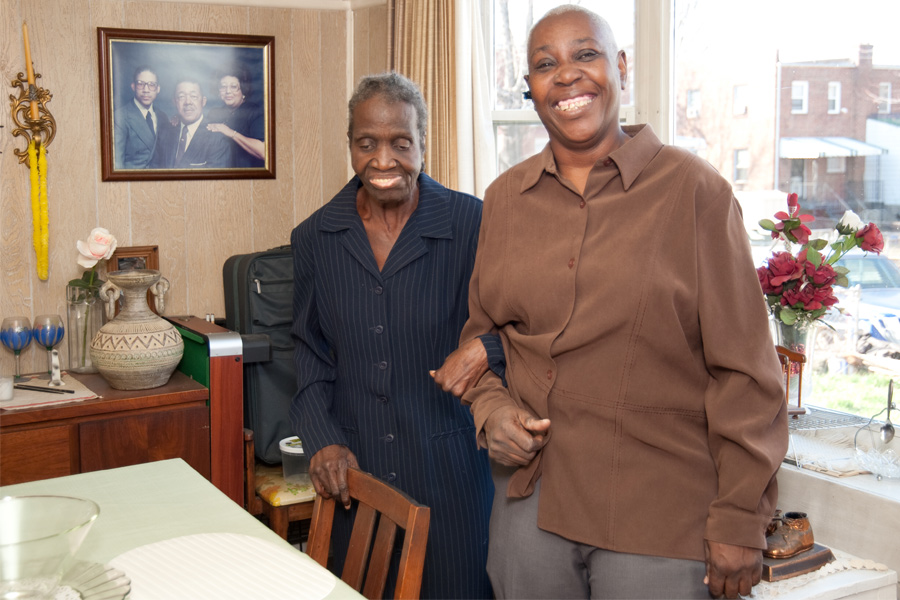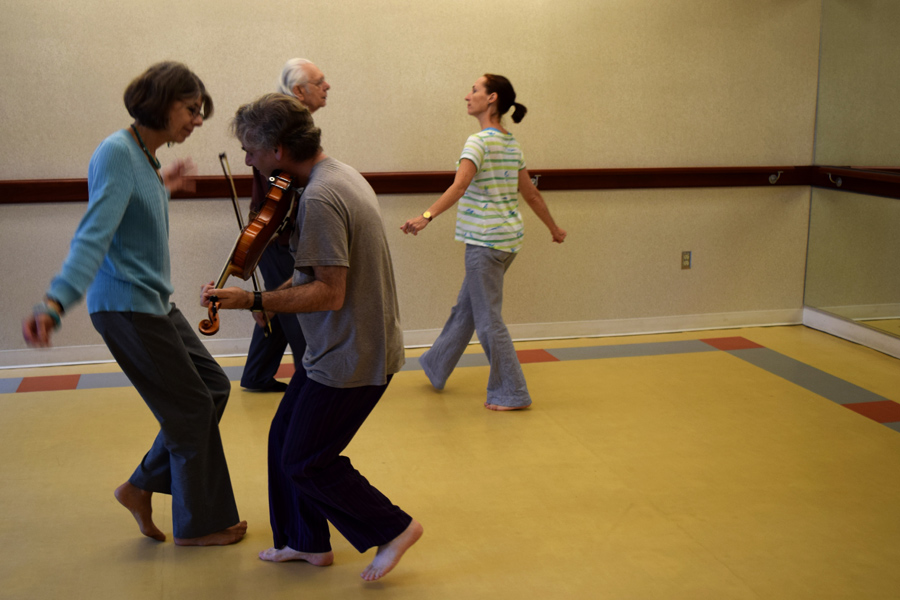My Real Advance Directive

Healthcare advance directives are legal forms where you can share your future healthcare and end-of-life care wishes with medical professionals and family members or friends. These forms may include living wills and/or powers-of-attorney. Just recently, the New York Times reported that some doctors are even suggesting older adults plan a second advance directive specifically in the event of dementia.
Here at Iona, we firmly believe in the importance of preparing an advance directive and designating a healthcare decision-maker should you no longer be able to make decisions on your own. In response to these important conversations and articles, Director of Development & Communications Susan Messina offers her own take on her end-of-life wishes.
We hope that her ideas will inspire you to start your own conversation with loved ones.
I don’t want to make life difficult for my family members if I face disability, dementia, and end of life. Therefore, after much observation of others’ situations and thought about my own wishes, I provide these five pieces of guidance:
1. If it is only possible to keep me at home with help from professional caregivers like home health aides or certified nursing assistants, I hereby grant my family members my blessing to hire those people. Regardless of whether I say, “I don’t want strangers in my house” or “I only trust you.” My family caregiver(s) get to be the ones to decide when they need help with giving me care, not me.
2. Please check out any adult day health programs I might join. I’m a super social person and so being part of a new community will probably be good for me, even if I am skeptical at the time. Get a guest pass for me and let me give it a whirl!
3. If my safety or the health/well-being of my family is in jeopardy because caring for me has become too demanding, I want to be moved to an appropriate long-term care setting.
4. I want my family and doctor(s) to talk to me about palliative care and also hospice. I would rather have those options on the table earlier rather than later. And if I bring them up, please do not shush me with, “It’s too soon to give up “or “I don’t want to talk about that.”
5. If I have severe dementia, I hereby grant my wife the freedom to pursue another romantic relationship. She will not be “cheating”; she will be meeting human needs for companionship and intimacy. I just ask that she (or even they) continue to take care of and/or visit me!
And, because I know it can be hard to know how to connect with someone who is cognitively impaired, I have five ideas to make visits with me easier:
1. Bring Pepperidge Farm Milano cookies! By then I promise I will not care about my triglyceride levels! Oh, and make it the classic dark chocolate Milano—not the double chocolate or milk chocolate or mint or orange.
2. I have a few boxes of childhood memorabilia. If you want to make me happy, go through the items with me and let me tell you again and again the stories connected with each.
3. Music that will cheer me up is soul, Motown, and Meat Loaf’s “Paradise by the Dashboard Light.” Do not play jazz in my presence. It will make me jittery and angry.
4. I love to read. It’s possible I will still enjoy listening to books or being read aloud to, so please try. I might resonate the most with childhood favorites. Try Little Women, Anne of Green Gables, Harry Potter, the All-of-a-Kind Family series by Sydney Taylor, The Saturdays and sequels by Elizabeth Enright, or any Cherry Ames’ nurse mystery story.
5. I will probably always like Christmas decorations, cookies, music, and lights. So, feel free to celebrate that holiday even if I have no idea what month it actually is!
By Susan A. Messina
Susan is Iona’s Director of Development and Communications. She holds three master’s degrees, including two from Bryn Mawr’s Graduate School of Social Work and Social Research, and is a Certified Fund Raising Executive.
Related Articles
The Stories of Dementia in the District

A Couple’s Vows Create Opportunities to Age Well

Can You Imagine Taking Three Buses to Get to Iona?

